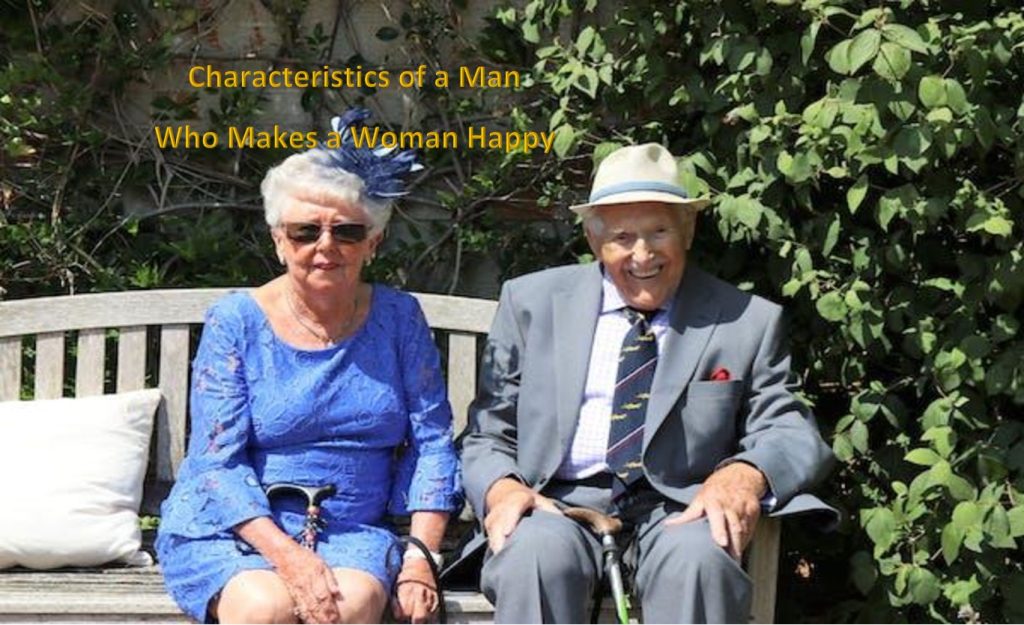Things You Should Give Up If You Want to Prosper
Want to Prosper
The above sentence invites us to think about our present living style and our choices. Question ourselves about the direction we are moving to prosper and think whether it can bring us closer to our goals. We all strive for success and happiness. But we tend to only focus on adding new things into our lives, thinking they will make us happy and prosper. However, we often overlook the fact that in order to receive what is intended. We must also free ourselves from what holds us back and prevents us from progressing and become prosper.
Although each individual follows a unique journey. There are universal principles for successful living, including some things we should eliminate from our lives. Letting go of these elements allows us to see the world in a new light. And to better open ourselves to all the unlimited opportunities that present themselves to us every day.
Here are 13 things you should give up to move forward better and prosper. There is no need to do everything at once. We can move forward at our own pace. Although it is not always easy, we must persevere by putting our happiness at the top of the list.
13 Things You’d Better Give Up If You Want to Be Happier and Prosper
1- Unhealthy Lifestyles
Since men and women are looking for a way to lead better lives, it is very important to give a higher priority to a balanced lifestyle between physical and mental health. This is because inaccurate mindsets about mental health must be replaced by relaxed habits, addictions, or any other forms of negative activities that may be negatively affecting your health. Instead, good health adoptions such as regular exercise, a night of sufficient sleep, and a nutritious diet, will be incorporated into your daily life.
2- Avoid the Short-Term Approach and Take A Long-Term Perspective To Prosper
Success requires careful planning and steady progress toward long-term goals. You need to define your long-term goals and work regularly to achieve them. Even if it involves gradual progress and sustained effort.

3- Give Up the Habit of Thinking Small and Aim for Ambitious Goals In Your Life
Assert yourself fully and share your light with the world. Do not be afraid of getting it done wrong or of self-distrusting yourself, as this will prevent you from making any progress. Small opportunities that appear at every turn have the power to monumentally change one’s personal development and prosper. Since you are a person of courage, do not devalue yourself because of unbearable uncertainties or anxiousness. Do not fear success; embrace it with confidence and determination.
4- Abandon the Excessive Use of Excuses, Because Success Is Not Achieved Through Justifications
Successful individuals take responsibility for their lives and turn every obstacle into an opportunity. Our comfort zones do not lead to legitimate success ever, but it’s by means of a simple establishment that we can pave the way to it. Take hold of your life, as if disregarded, only you can comprehend and fulfill your own life’s purpose.
5- Learn Those Skills where you Have the Ability to Succeed and Prosper
Let go of the specific way of thinking about skills that says that these are solely due to the innate ability to succeed.
Such a state is wrong. Proficient individuals know that unending training and broadening one’s anticipation are the real driving forces behind success. Because constant education leads them to know more and develop a broader view of the world, they are always linked to the latest developments. Reforming that is never-ending is the only key.

6- You Can’t Find Shortcuts to Get Success Fast and Prosper
Abandon the misunderstanding that success happens overnight.
Success is the result of a continuous process of improvement and growth, carried out step by step. Every little progress contributes to our evolution. So, to succeed, we must persevere in our journey and commit to improving every day.
We must make plans for our future while remaining grounded in the reality of our present life to prosper.
7- Quit Idealism But Strive Hard For Perfection and Succees
Quit idealism sometimes, as your catharsis is real, and striving for perfection is a fruitless pursuit.
Even if we constantly strive for perfection by all means, there is a chance for our life to be as if we tried to paint a perfect picture but sadly it is impossible to recreate it. But this does not at all discard the very need to keep on fighting. However, we still have to press on contrary to the fact that it is uncertain, ignorant of the next outcome, for that is how being successful is; it is also how we achieve the exclusive opportunities that are presented to us to prosper.
8- Lose Your Enduring Engagement in Concurrent Operations
We end up zapping our brains into a frenzied state and cannot focus on our goals clearly. It is going crucial for us to decide on the particular thing we want and to devote our soul in everything we do. We should also try to avoid unnecessary vital distractions. If our mind indeed absolutely involved in the endeavor then we will definitely progress faster towards completion.
9. Accept The Fact That it Doesn’t Require you to Handle Everything
Among many things there are uncontrollable phenomena thus it is necessary to see the truth that it is in our capacity. When we release the grip on what is outside our control, by doing so, we enable ourselves to redirect our energy and time on moving forward, fueled by the opportunities to develop and prosper.
10- Recognize the Selfishness of Letting Things That Are Not Meeting Your Aims Or Post-Regret Go And Learn To Say No
On most occasions, we get ourselves into accepting that we have some pressure or activities that would not make us happy and would fulfill the expectations of others or being tied into a certain group. Yet, something like this does not lead us to any personal advancement. In order to achieve success and prosper, people know the price that they should pay by saying no to some people’s offers and focus only on the things that matter to their own growth. While it may be a tough call for some to decline, that is not being a selfish individual but rather a self-preservation. Our self-esteem and our time are paramount here.
11- Disease-Associated Polygenic Traits Have Increased in Frequency In Response To The Environment And Human Behavior, Such As The Use Of Medications
It is the ways we connect with others that affect us, as we pick up the gestures, indulgences, and even the viewpoints of people we are surrounded with. We not just believe it but are proud of the wise belief that surrounds us with inspiring and evolved people, who show us the way to move on and succeed. Religious relationships can be supportive enough to help you grow as an individual or become an obstacle in your voyage instead. Therefore, if you feel that there is something wrong with the connections that you made it may be time to reconsider some of them to have a healthy life and development of your personality.

12- Drop the Habit of Looking for Others’ Approval, And Accept What You Have Within Yourself
Who likes you and who doesn`t, this is not so important. Various people differ by tastes and your actions don`t satisfy everybody. We are going to deal with very interesting people in the course; some of them may express their views that may differ from yours. As compared to trying to mold yourself per everyone’s expectations, be yourself and what you define as your values. If you do that, people who are right for you, the ones who will understand and accept you even for entirely who you are, will end up naturally attracted to you. This action will help you to prosper in your life.
13- Social Media And Gadgets Stunt Develop An Obsessive Behavior
Stop being dependent on social media and electronic devices. However, the digital era holds some truths and can substitute us with an easier-to-access way of life. Hence it is required to balance its incorporation into our everyday lives. Exhaustion of these utilities may lead us to become aliens to ourselves, and the goals we set out to realize. Also, it may take us away from the ordeal at hand by diverting our little time to reading rubbish.
Time is the most easily underrated and non-recoverable of all that we have. Consequently, we must use it properly, practice real contact with people, and have enriching experiences that help us to feel better and leave a sign to our lives.
Among the things to do are disable all notifications on your devices and be very conscious of the real world. Through establishing it, you will be equipped to live a more honest and meaningful prosper life.
Need Help or Advice in Academic Writing
See Samples
https://independent.academia.edu/shamsulIslam8
Need Help or Advice in Content Writing Management:
Would you like more advice? Do you have good practices to share? Please feel free to express yourself in the comments. Also, if you want help in writing content to drive more traffic and boost conversions, please get in touch through Contact our team or send your requirements here.
Do you want help writing quality content, driving traffic to your website, and boosting conversions? You can contact me through my Freelancer.com profile. I always prefer to work through my Freelancer.com profile for smooth functioning. Here, you pay safely and securely.
Read More:
10 SIMPLE RULES TO FOLLOW FOR THE BEST POSSIBLE HAPPY LIFE











































